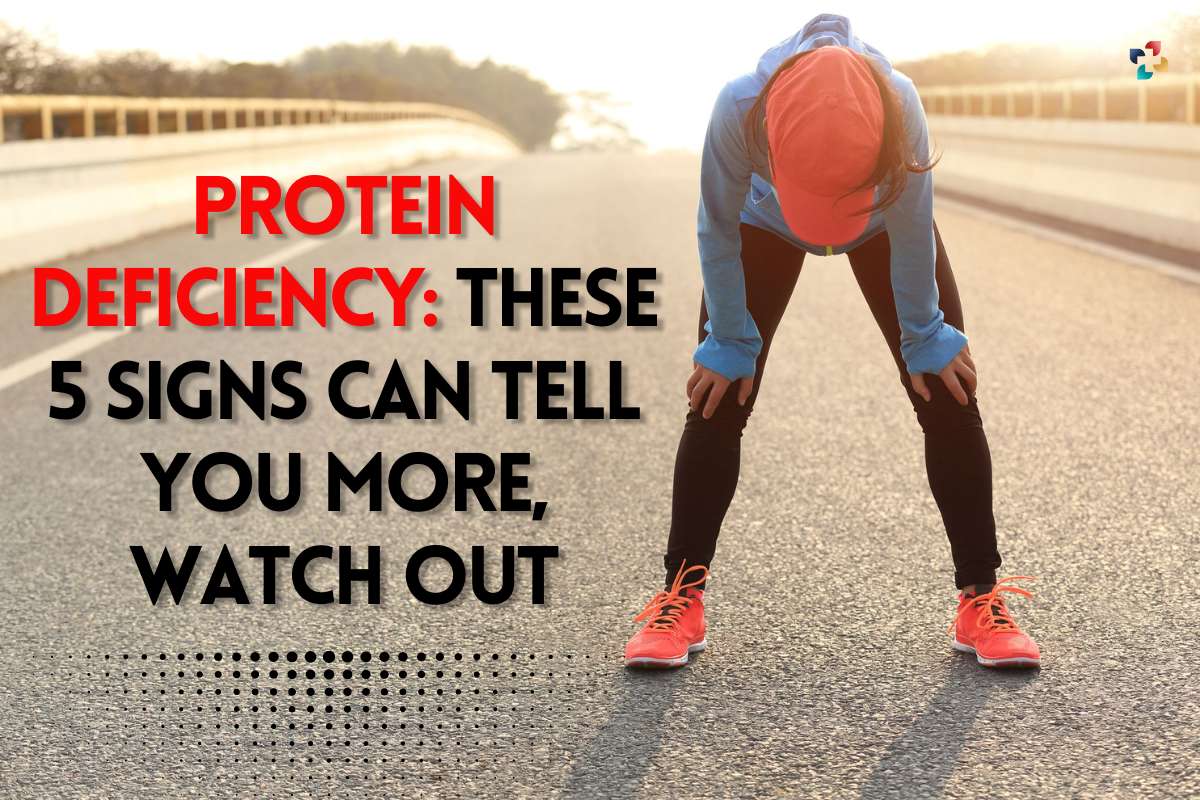Protein is a crucial element in both our diet and body. While we often worry about lacking minerals like calcium, protein deficiency is also a significant concern. It plays a critical role in the body’s construction and various functions. It is recommended that we consume a minimum of 0.36 grams of protein per pound of body weight (0.8 grams per kg) daily.
The recommended daily protein intake may vary based on individual factors such as age, body weight, level of physical activity, fitness, and underlying health conditions. For instance, older adults and athletes typically need more protein. Consistently failing to meet the minimum protein requirement can lead to severe consequences. Therefore, it is crucial to monitor the warning signs of protein deficiency.
Here Are 5 Signs You May Be Protein Deficient:
1. Decreased Muscle Mass
Reduced muscle mass is an essential indicator of inadequate protein consumption. Since protein is the primary component of muscles, a decline in muscle mass signifies a need to increase protein intake.
2. Weaker Nails and Hair
The structural integrity of hair, skin, and nails depends significantly on protein. Inadequate protein intake may result in brittle nails, hair thinning, and redness in certain areas of the skin. Moreover, hair colour may also fade as a result of protein deficiency.
3. Increased Risk of Bone Fractures
Bone density and strength are largely dependent on protein. Inadequate protein consumption can increase the risk of fractures and affect overall bone health.
4. Increased Appetite
Protein stimulates the production of peptide YY (PYY), a hormone responsible for inducing a sense of fullness. However, a deficiency in protein can lead to increased hunger pangs. Therefore, if you experience an unusual increase in appetite, it may be a warning sign of inadequate protein intake.
5. Decreased Immunity
Protein plays a crucial role in enhancing the immune system’s strength. Inadequate protein intake may increase the frequency of illness and amplify the severity of symptoms. Moreover, protein deficiency can also elevate the risk of contracting specific infections, underscoring the need to address it promptly.
In addition to the previously mentioned symptoms, a build-up of fat in liver cells may suggest inadequate protein consumption. Children with a protein deficiency may experience stunted growth as they require a steady protein intake to support their developing bodies.
10 Clear Signs You Might Have a Protein Deficiency
Here are a few tips to increase your protein intake:
To combat protein deficiency, it is essential to incorporate protein-rich foods into your daily diet. Make a conscious effort to include some amount of protein in each meal. Consuming protein as the first component of your meal can aid in promoting satiety and stabilizing blood sugar levels. The following foods are excellent sources of protein that can help address protein deficiency:
- Eggs
In addition to being a good source of calcium, eggs are also an excellent source of protein. Having eggs for breakfast can provide a healthy start to your day. Eggs also contain a plethora of other essential nutrients.
- Legumes
Legumes are an excellent source of plant-based protein, making them an ideal choice for those who do not consume dairy products. Foods like soybeans, lentils, kidney beans, and chickpeas should be incorporated into your diet. Consuming homemade dal regularly is a simple way to ensure that you are getting an adequate amount of protein in your diet.
- Nuts
You can switch your unhealthy processed snacks with protein-rich nuts such as almonds, cashews, and pistachios. These nuts are a good source of protein as well as healthy fats which can provide you with sustained energy. They are also easy to carry, making them a convenient option for a quick snack. By incorporating nuts into your diet, you can increase your daily protein intake.
A well-balanced diet should always be maintained to ensure that you consume all the necessary nutrients including protein.
Also Read: 5 Simple Ways to prevent your Nails from Breaking











